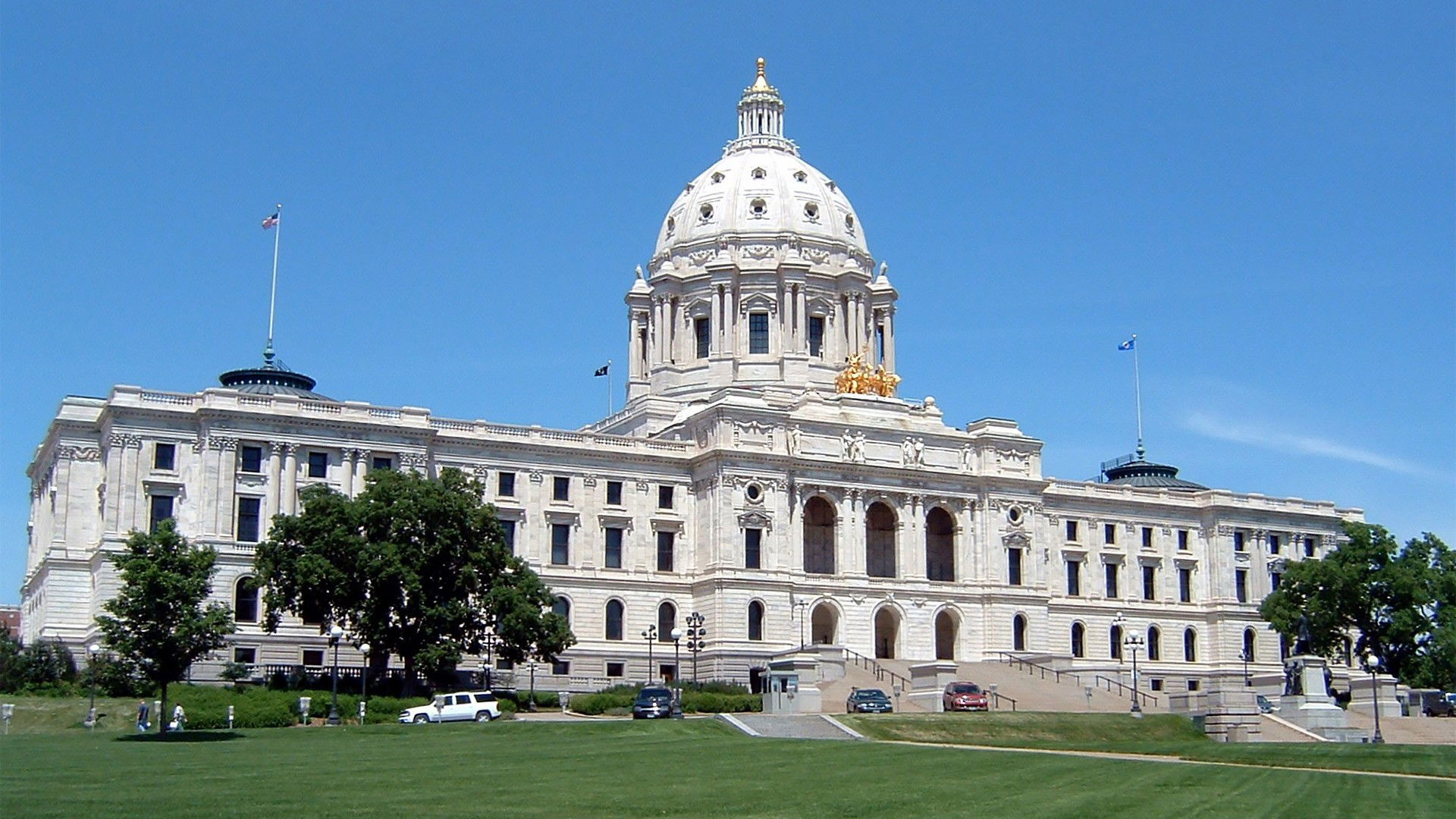Minnesota lawmakers are once again confronting the contentious issue of sports betting legalization. The Senate Finance Committee held a hearing on Wednesday, in which academics highlighted the potential for social and financial harm. Notably absent from the proceedings were representatives from the gambling industry, who were excluded from testifying, a decision that has drawn sharp criticism.
Since the U.S. Supreme Court struck down a federal ban on sports betting in 2018, 38 states and the District of Columbia have embraced the practice. However, researchers at Wednesday’s hearing pointed to troubling trends in states where sports betting has already been legalized.
Brett Hollenbeck, a professor at UCLA, presented data showing increased bankruptcies, lower credit scores, and more cases of debt sent to collections in states that have legalized sports wagering.
His findings were echoed by Scott Baker of Northwestern University, who revealed that individual sports bettors are more likely to overdraw accounts, carry higher credit card balances, and save less money.
Studies on social impacts were no less alarming. Researchers from the University of Oregon, Emily Arnesen and Kyu Matsuzawa, linked sports betting legalization to a 9% increase in incidents of intimate partner violence, particularly following losses by local sports teams.
Les Bernal, national director of Stop Predatory Gambling, called legal sports betting “highly addictive” and “a manipulative financial scheme,” warning lawmakers against the industry’s influence.
The hearing followed the announcement by Senator Matt Klein, DFL-Mendota Heights, of plans to reintroduce a bill to legalize sports betting during the upcoming legislative session. His proposal aims to mitigate potential harms by prohibiting certain types of bets on college sports, banning advertisements targeting minors, and implementing waiting periods for fund transfers.
Klein also emphasized the importance of creating a Minnesota-based gambling hotline to support individuals struggling with addiction. Supporters of legalization argue that sports betting is already happening in Minnesota through illegal offshore platforms.
Despite the debate’s high stakes, gambling industry representatives were barred from presenting their perspectives at the hearing. Senator John Marty, chair of the committee, defended the decision, stating the session was focused on the harms associated with sports betting.
This exclusion drew backlash from industry groups, including the Sports Betting Alliance, which represents major operators like BetMGM, DraftKings, and FanDuel. Senator Marty didn’t permit testimony from responsible gaming experts or those addressing the thriving illegal sports betting market, said Blois Olson, the alliance’s Minnesota spokesman.
The push for legalization has bipartisan support, with Senator Jeremy Miller and Representative Zack Stephenson among its champions. However, securing a consensus remains challenging in a politically divided Senate. Tribal nations, which currently hold exclusivity over gambling in Minnesota, have remained key stakeholders but were notably absent from the hearing.
Meanwhile, opponents of sports betting argue that the risks outweigh the benefits. Susan Sheridan Tucker, president of the National Council on Problem Gambling, testified on behalf of the Minnesota Alliance on Problem Gambling, emphasizing the need to address addiction risks.
Minnesota’s legislative gridlock has left the state as one of the few holdouts in the Midwest. Whether 2025 will bring a breakthrough remains uncertain, but the debate underscores the tension between economic opportunities, individual freedoms, and societal risks.

